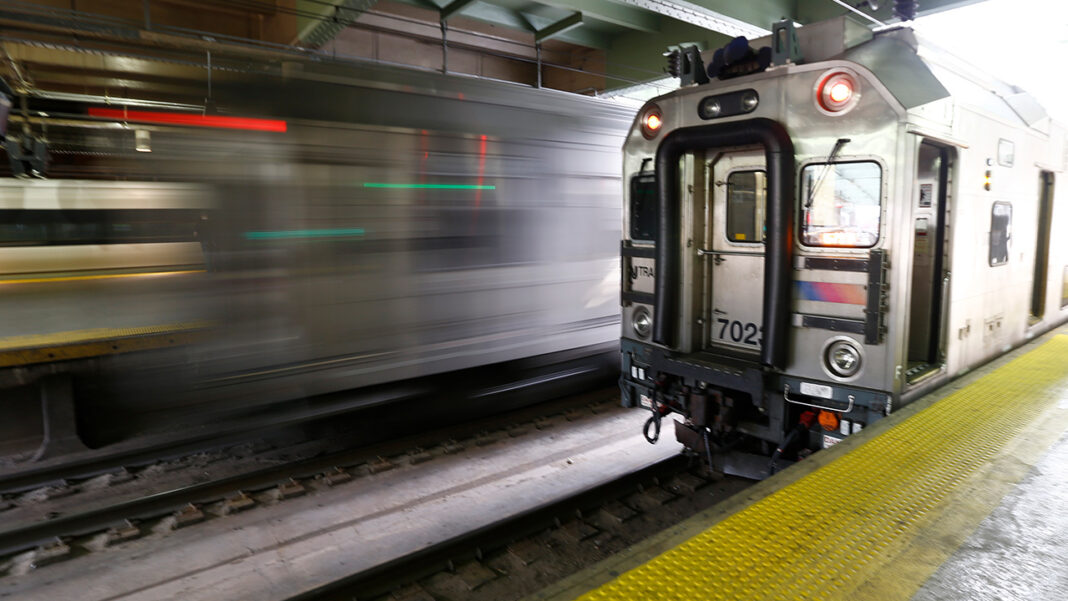Locomotive engineers at NJ Transit have overwhelmingly voted to reject a proposed labor agreement, raising the likelihood of a strike that could disrupt rail service for hundreds of thousands of commuters across the region.
The rejection was announced Tuesday by the Brotherhood of Locomotive Engineers and Trainmen (BLET). The vote comes after months of negotiations and a recommended settlement from the National Mediation Board, aimed at resolving a long-running contract dispute between the union and NJ Transit. The engineers have been working without a new contract since 2019.
Union leaders say the decision reflects frustration among members, who have not received a raise in nearly five years despite economic pressures and the demands of the job during the COVID-19 pandemic.
“Our members are angry,” said Tom Haas, general chairman of the union. “I, along with other NJ Transit engineers, have kept the trains moving but we have gone without a raise since 2019, during a period of high inflation and throughout the pandemic that claimed some of our coworkers.”
The proposed contract would have provided wage increases and changes to work rules, but union officials argue it failed to close the pay gap between NJ Transit engineers and their counterparts at other commuter railroads, including those at Amtrak and the Long Island Rail Road.
In response to the union vote, Kris Kolluri, NJ Transit’s president and CEO, reaffirmed his commitment to reaching a resolution. “I am committed to returning to the bargaining table immediately and meeting every day, for as long as it takes, to get it done,” he said in a statement.
The contract rejection triggers a 30-day cooling-off period required under federal labor law. During this time, both parties must continue negotiations under federal mediation and cannot engage in strikes or lockouts. If no agreement is reached by the end of that period—and no further federal intervention is initiated—a legal strike would become possible.
The union emphasized its desire to avoid disrupting service but signaled that a strike remains an option if negotiations stall. “We want to have uninterrupted rail service for all who depend on it, but we also want to reach a fair agreement for engineers,” said James Louis, the union’s vice president. “If we fail to reach an agreement in the next month, we’re prepared to strike.”
NJ Transit operates one of the nation’s busiest commuter rail systems, with daily service connecting New Jersey to New York and Philadelphia. A strike would have significant consequences for commuters and the broader regional economy, particularly during a time when the agency is working to recover post-pandemic ridership.


